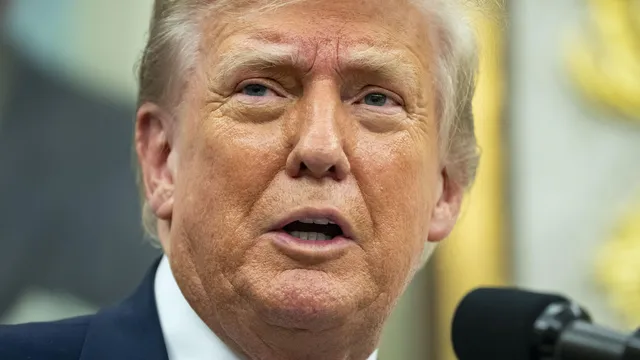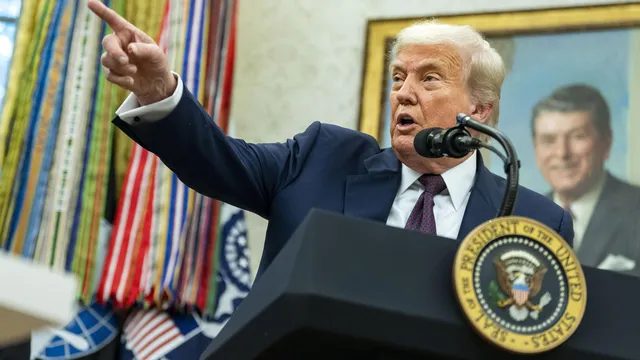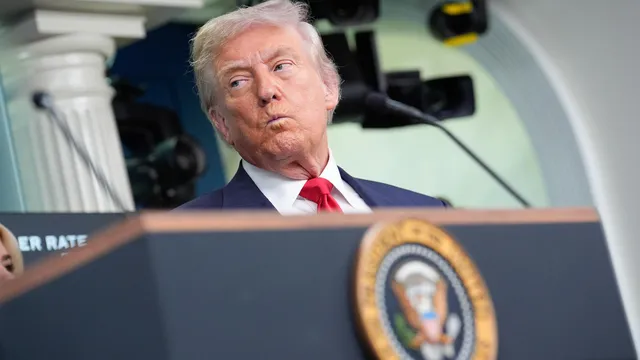U.S. President Donald Trump's sweeping travel ban on citizens of 12 countries came into effect today amid growing tensions over immigration.
The 12 countries targeted by the ban include Afghanistan, Myanmar, Chad, the Republic of Congo, Equatorial Guinea, Eritrea, Haiti, Iran, Libya, Somalia, Sudan and Yemen. Citizens of Burundi, Cuba, Laos, Sierra Leone, Togo, Turkmenistan and Venezuela are partially restricted.
On June 4, Trump warned in a video that new countries could be added to the list as "threats are constantly popping up around the world," Euronews reported.
The measure comes more than eight years after his first travel ban in 2017 denied entry to citizens from predominantly Muslim countries, sparking chaos at multiple airports and court battles that lasted for months.
Unlike Trump's first ban, similar disruptions were not immediately apparent at airports and other ports of entry.
Experts expect that the proclamation - which is broader and more carefully crafted - will withstand legal challenges, in part because of its focus on the visa application process.
The ban does not override visas issued to countries on the list, but if an applicant does not meet the narrow criteria for an exemption from the ban, their application will be rejected.
Travelers with previously issued visas will be able to enter the U.S. after the ban goes into effect.
The enactment of this decision has been overshadowed by other immigration battles, including large-scale protests in Los Angeles against Trump's deportation raids. The demonstrations prompted the deployment of the National Guard - over the objections of California Gov.
The policy specifically targets citizens of Haiti and Afghanistan, though it makes exceptions for individuals who have cooperated closely with the US government during the two-decade war.
It also imposes tougher measures on Venezuelan nationals, who have come under increased pressure from the Trump administration in recent months - including sudden deportations to a detention centre in El Salvador.
The measure has been condemned by groups that provide aid and resettlement assistance to refugees.
"This policy is not about national security - it's about sowing division and vilifying communities seeking safety and opportunity in the United States," said Abby Maxman, president of Oxfam America.
Trump justified the ban by pointing out that some countries have had "inadequate" vetting of passports and other official documents or have in the past refused to take back their own citizens.
Nationals of countries on the list pose "terrorism-related" and "public safety" risks, as well as risks of overstaying their visas, he said.
The US president also linked the ban to the terrorist attack in Colorado that injured a dozen people, saying it underscored the dangers posed by visitors who overstay their US visas. The man charged in the incident is from Egypt, a country not on Trump's list. | BGNES
Trump's travel ban on citizens of 12 countries officially goes into effect

BGNES
This measure comes more than eight years after his first travel ban in 2017 denied entry to citizens from predominantly Muslim countries, sparking chaos at multiple airports and court battles that lasted for months.


 Breaking news
Breaking news
 Europe
Europe
 Bulgaria
Bulgaria





